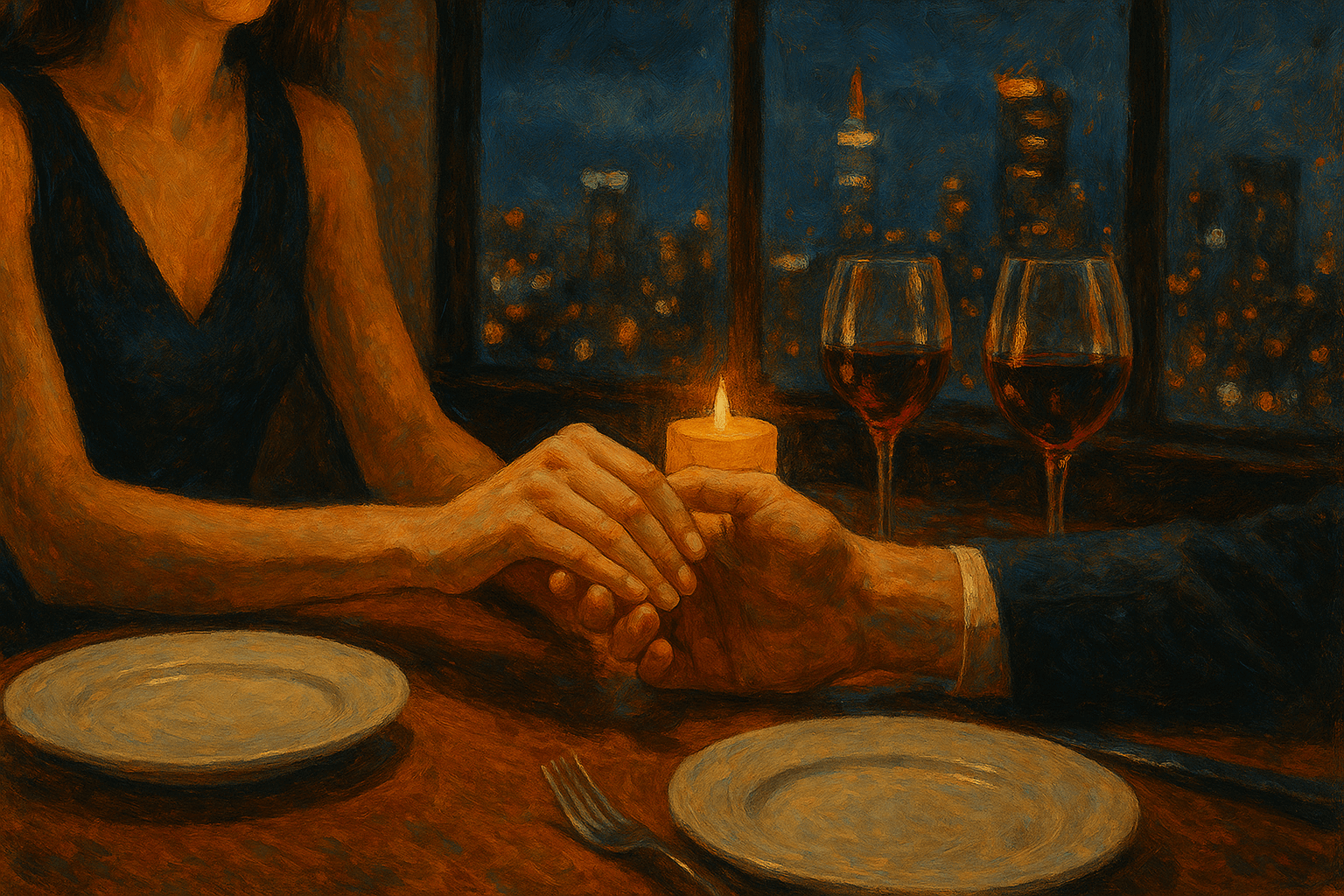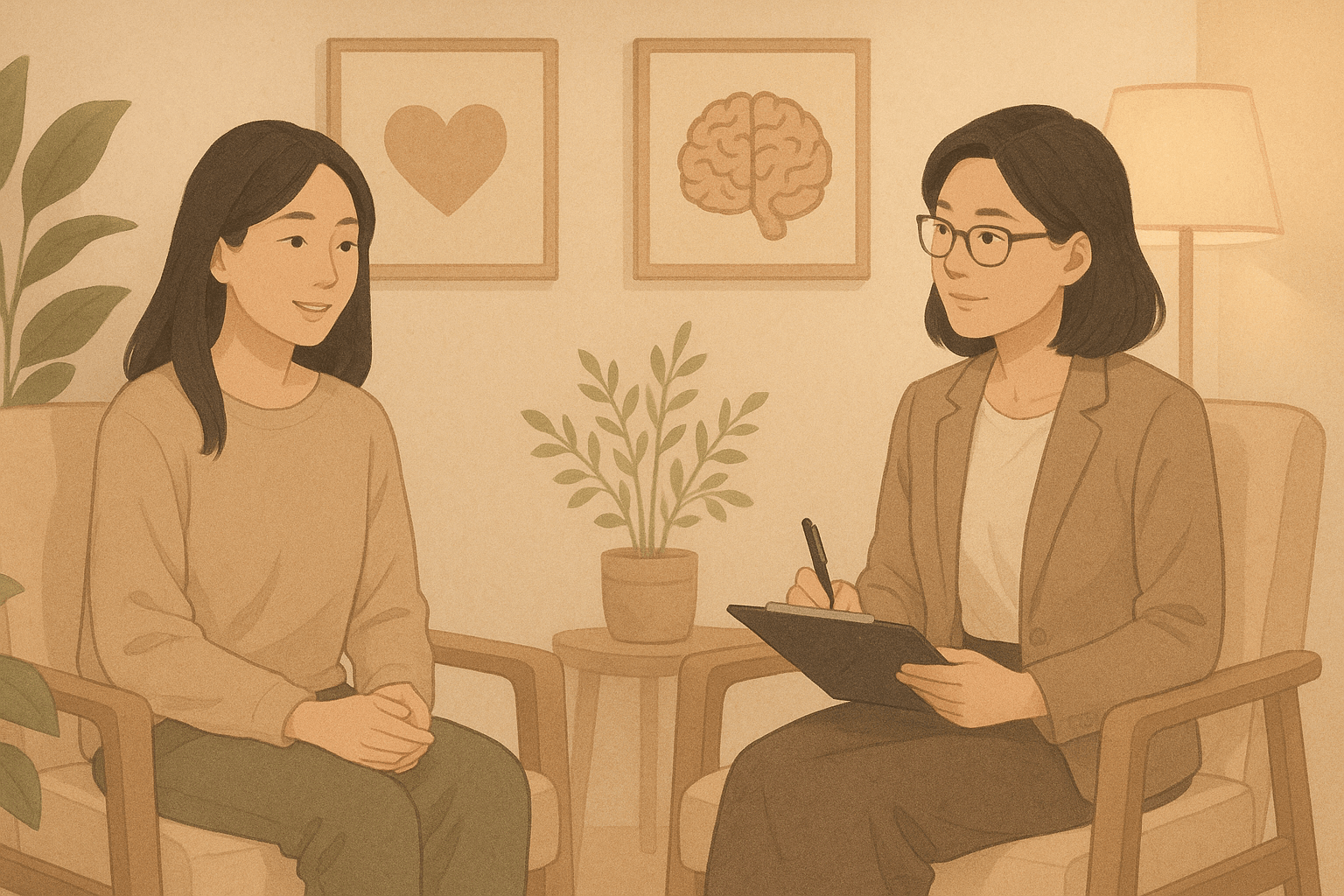The Emotional Realities of Modern Romance: Navigating the Mental Health Side of Dating

In today’s world of swipes, messages, and constant connectivity, the search for love has evolved. While new ways of meeting people offer convenience, they also introduce emotional challenges that can impact psychological wellbeing. As a licensed mental health professional, I regularly see how the pursuit of romantic connection—especially through dating—can both enhance and strain mental health.
When approached consciously, this journey can foster deep growth and self-discovery. But when navigated without intention, it may lead to anxiety, low self-worth, and emotional burnout. Whether you’re seeking companionship for the first time or re-entering the dating scene, emotional awareness is key to developing healthy, rewarding relationships.
The Psychological Impact of Seeking Romance
1. The Pressure to Be “Perfect”
Apps and social platforms often present idealized images, creating unrealistic expectations. This comparison trap may cause body image issues, insecurity, and self-doubt.
According to a study published in Cyberpsychology, Behavior, and Social Networking, frequent users of photo-based dating apps reported significantly lower self-esteem and higher body dissatisfaction than non-users, suggesting that visual-first platforms may heighten self-critical thinking 1.
Therapeutically, we explore self-compassion practices to counteract these effects. Your value isn’t measured by photos or bios—it’s reflected in how you show up authentically.
2. Social Anxiety and First Impressions
Meeting someone new often comes with nerves. For those with social anxiety, these encounters can be particularly daunting. The fear of judgment or rejection may make it hard to relax and connect.
Simple grounding techniques, like mindful breathing or naming sensory details, can reduce overwhelm. Therapy can also help reframe anxiety as a natural part of vulnerability, not a sign of failure.
3. The Pain of Ghosting
When someone suddenly cuts off communication with no explanation, it can trigger deep emotional distress. This experience—known as ghosting—leaves many struggling with unresolved questions and feelings of abandonment. This can be particularly triggering for individuals with a history of interpersonal trauma.
In clinical settings, we focus on helping individuals process these moments, validating their emotions, and strengthening their resilience. Ghosting says more about the other person’s capacity than your worth.

A Healthier Approach to Connection
1. Know Your Intentions
Before diving into the romantic pursuit, ask yourself: “What am I looking for?” Clarifying whether you’re hoping for long-term connection, companionship, or something casual can guide your actions and protect your emotional energy.
2. Create Clear Boundaries
Boundaries are a form of self-respect. They help define how you expect to be treated and what you’re willing to tolerate. Communicating your needs early helps prevent misaligned expectations.
Examples include being upfront about communication preferences, emotional readiness, or time availability. Mutual respect for these boundaries sets the foundation for emotional safety.
3. Understand Your Patterns
It’s common to gravitate toward familiar dynamics—even when they’re unhealthy. Do you often chase emotionally unavailable people? Do you overinvest early?
Self-awareness is key to change. Journaling, therapy, and mindfulness can help identify these patterns and replace them with healthier behaviors.
Watch for Red Flags
As a mental health expert, I encourage clients to recognize signs of unhealthy behavior early on:
- Excessive flattery or “love bombing”: May signal a potential for manipulation or control.
- Inconsistent attention/communication: Mixed signals can indicate a lack of engagement and emotional unavailability.
- Deflection or quick to blame: A lack of accountability often reflects a low level of maturity.
Trust your instincts. If something doesn’t feel right, it likely isn’t. Taking space to evaluate your comfort level is both wise and empowering.
Healing Before New Relationships
If you’ve recently gone through heartbreak or experienced a toxic dynamic, allow yourself time to heal. Emotional wounds, when ignored, often resurface in new connections in harmful ways.
Therapeutic support can help you rebuild confidence and trust—both in others and yourself. Healing isn’t about pretending the past didn’t happen; it’s about learning from it and growing stronger.

Why Self-Love Comes First
The quality of your relationships often reflects how you feel about yourself. A healthy sense of self-worth sets the tone for how you expect to be treated.
Engage in activities that bring joy, surround yourself with people who uplift you, and treat yourself with kindness. These aren’t luxuries—they’re essentials. When you prioritize self-love, you become more likely to choose partners who respect and value you.
Choose Connection That Honors Your Wellbeing
Meeting new people—when guided by emotional intelligence and self-awareness—can become a path of growth rather than stress. It’s not just about finding someone—it’s about finding someone who aligns with your emotional needs and values.
You don’t have to settle for confusion, mixed signals, or games. You are worthy of connection that feels healthy, kind, and genuine. Prioritize your mental health, listen to your inner voice, and build relationships that reflect the love you have for yourself.
Need Support? Let’s Talk
If you’re struggling with the emotional toll of past relationships or want to heal in order to re-enter the dating world with clarity and confidence, I’m here to help. As a licensed therapist, I offer a safe, compassionate space to work through your experiences, strengthen your emotional foundation, and guide you toward meaningful, healthy connections.
Reach out today to schedule a session—your healing journey is valid, and you don’t have to walk it alone.